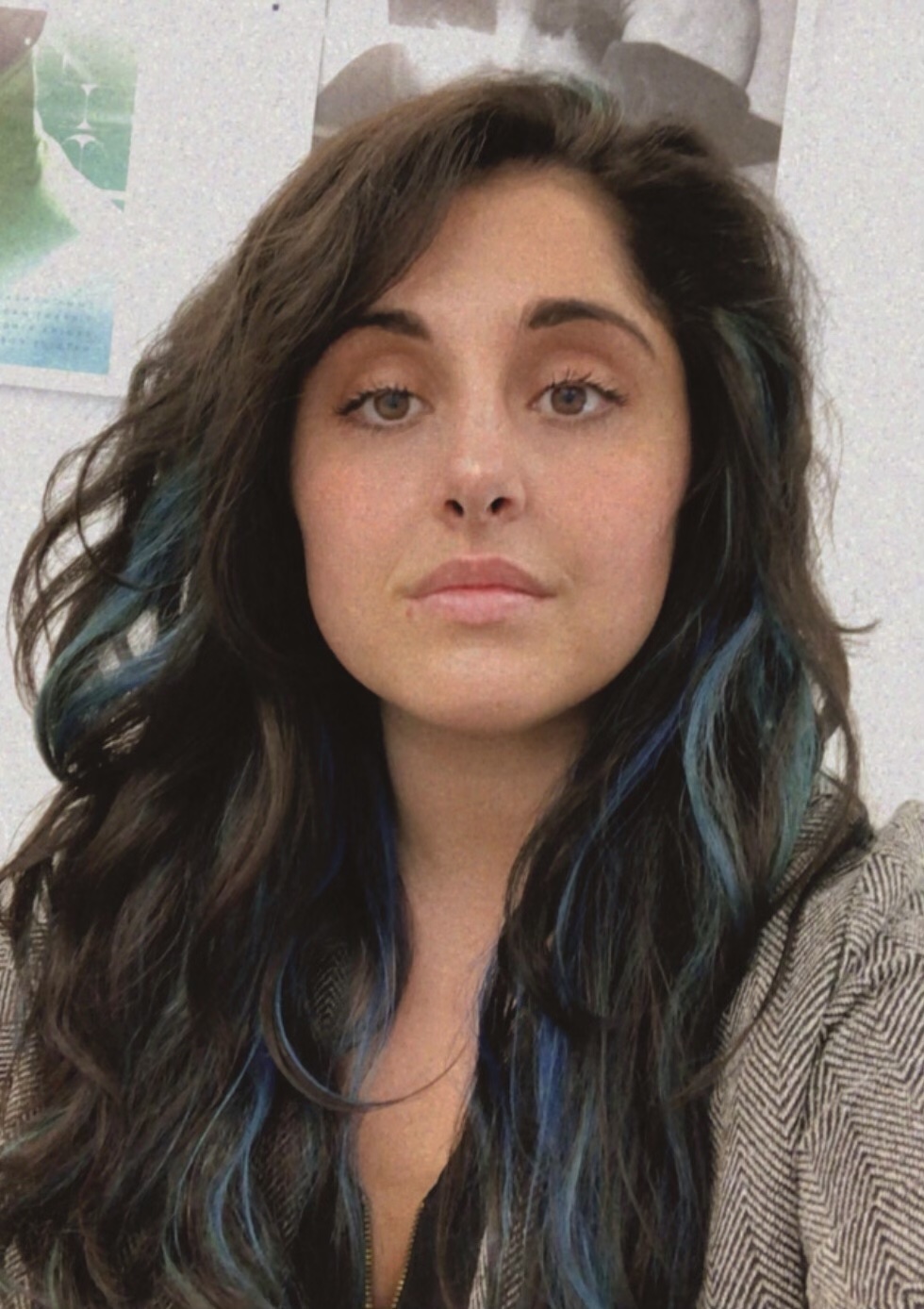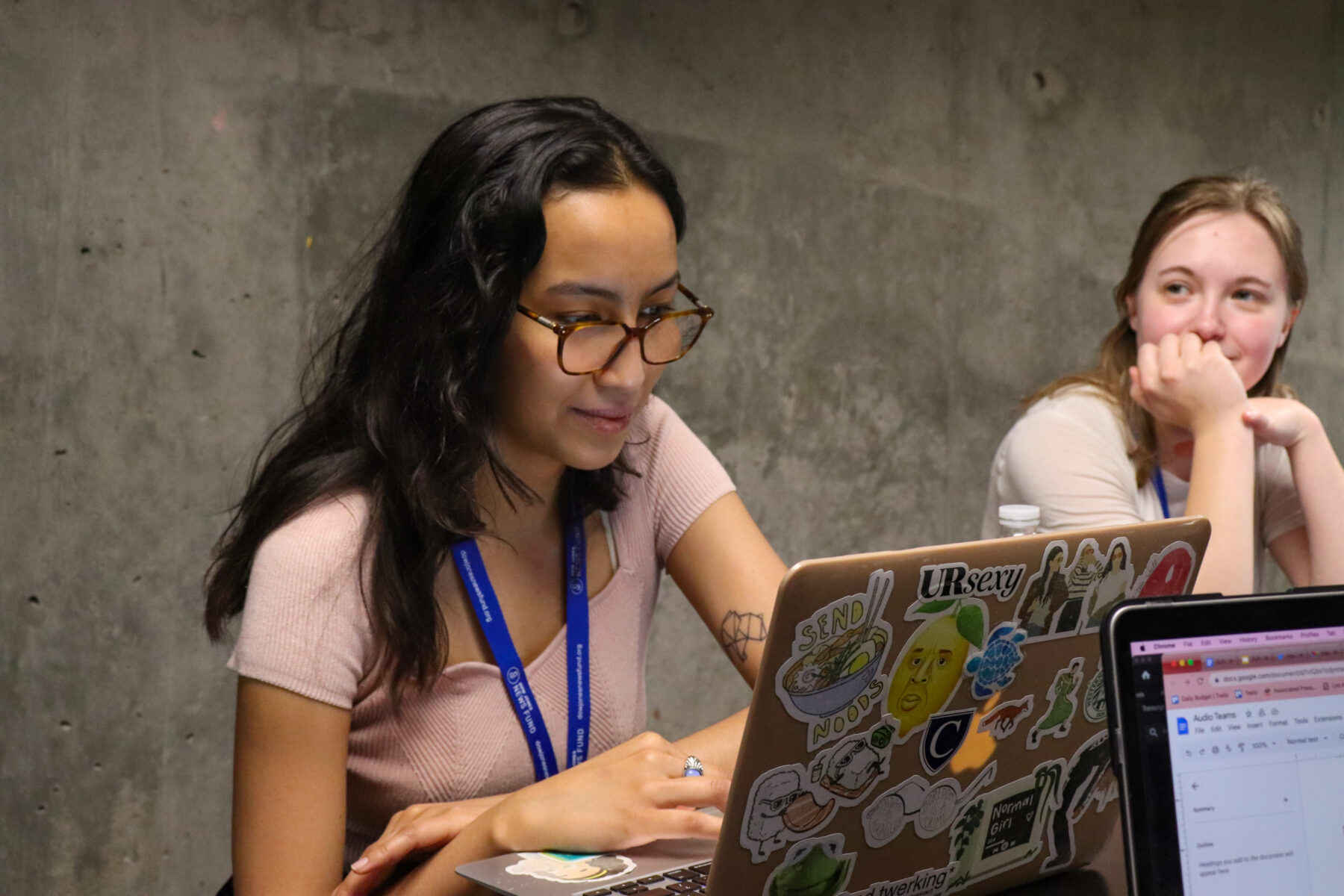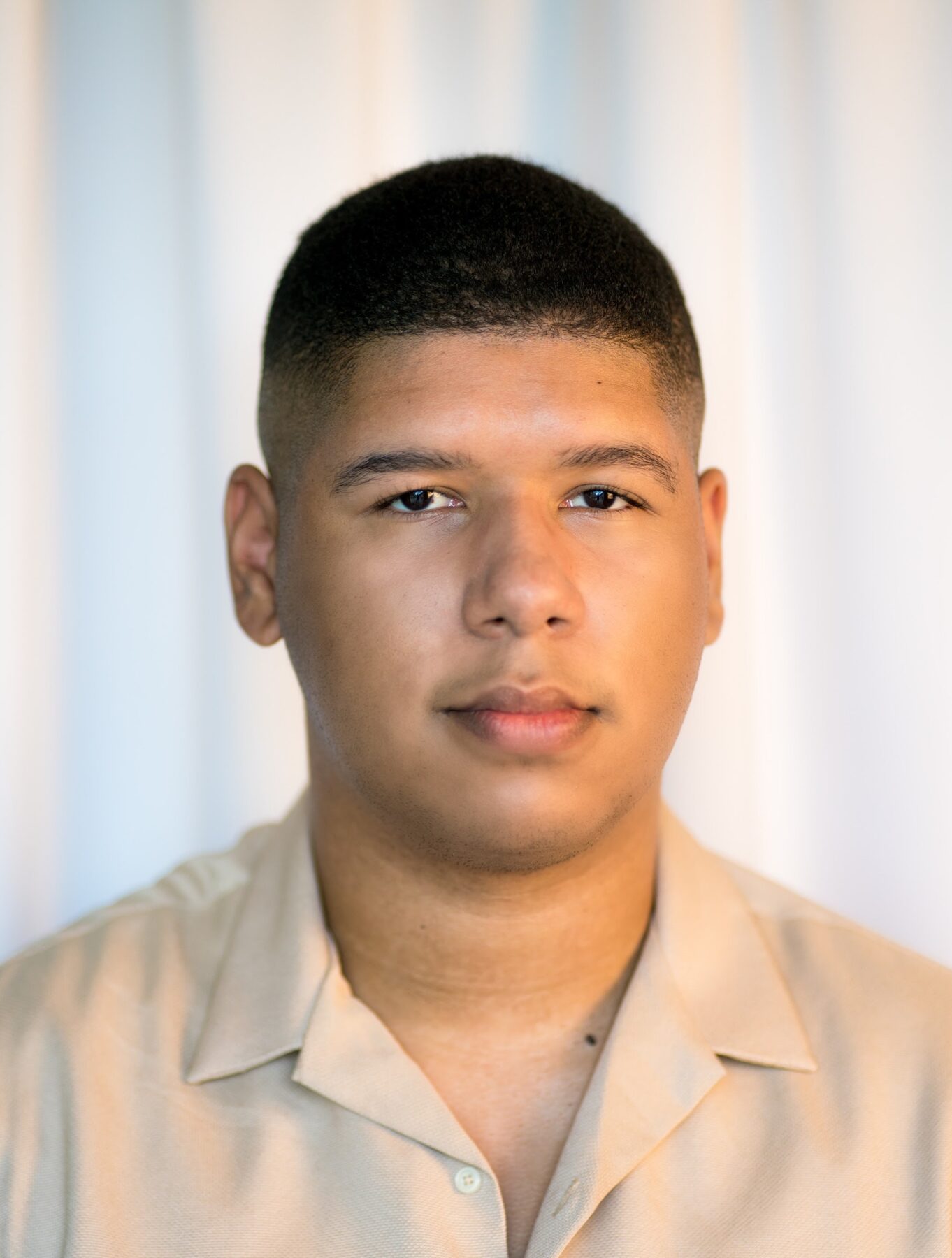
When Taylor Jung started attending Columbia Graduate School of Journalism part-time, she was prepared to be challenged. But she had no idea that one rigorous class would forge a bond with her classmates that lasted after graduation.
“We all came together, and it became a safe space for each other to talk about what we were going through in the class,” said Jung, who graduated in 2021. “But then it also became about our greater challenges in the industry, like finding a job and trying to navigate it as women of color.”
Jung and her classmates kept chatting via WhatsApp and met up on Zoom during the pandemic. Now, they try to see each other at least once a year.

Other journalists also say their J-school community has been crucial in their post-college careers. Entertainment editor Sharareh Drury, a 2011 USC Annenberg graduate, said the journalism program’s community atmosphere shaped her thinking as a journalist.
“When I was 18, I worked with people from all nationalities and all different kinds of socioeconomic backgrounds,” Drury said. “I really appreciated that Annenberg fostered a welcoming environment to diversify. …. And that is really important for young journalists to have, because I don’t think you can be a successful journalist if you have a very siloed way of thinking.”
I spoke with journalists at different stages of their careers who found community through their journalism programs. Here are their tips for finding a college support system that has carried them through their early careers.
Engage with professors
It may sound obvious, but several journalists mentioned the impact of their professors’ guidance. UCLA senior and NBC News digital platforms intern Matthew Lewis Royer started his college career studying political science at Los Angeles Valley Community College. He didn’t consider pursuing journalism until mass communications professor William Dauber encouraged him to take a journalism course.
The next semester, Royer enrolled in a class that produced the campus newspaper, The Valley Star. He started as a reporter and moved up to political news editor and online managing editor within two years.
“The professor completely reshaped my entire trajectory,” Royer said. “I was a political science student who just happened upon the student newspaper. But I found it very rewarding, seeing that first byline, whether I expected to be a journalist or not.”

Professors can also offer advice in an industry where jobs can seem scarce. University of Richmond senior Ananya Chetia credited her teachers for bringing inspiring guest speakers, and encouraging her to keep following her passion for journalism, even when things seem difficult.
“For hope, I go to my professors because they’ve been in the industry for 30-something years,” Chetia said. “We’re constantly finding new people to connect with, but it all stems and roots from who was with me from the start. And that was my professors and the students that I studied with in classes.”
Get involved in student media
After being involved in her high school’s TV station in Memphis, Tennessee, Drury knew she wanted to work on USC Annenberg’s prestigious TV news show. She spent the first few weeks getting to know the newsroom and training on equipment — and she initially felt intimidated.
“You start to get impostor syndrome and worry like, ‘Can I really be as good as these other kids?’” she said. ”What makes Annenberg so incredible is that you’re working with all those other students who are just as passionate about the field as you are, and it makes you even better because you want to be as good as them.”

Eventually, that worry faded as Drury realized her environment was supportive, encouraging students to ask questions. She became friends with her fellow Annenberg TV News colleagues, working on the news desk as the website’s multimedia director and an executive producer.
Getting involved in campus media — whether it’s the student TV newscast or the newspaper — can be a great way to bond with other like-minded students outside class. It can also introduce students to successful alumni who were once in their shoes.
At UCLA’s Daily Bruin, Royer appreciated how often alums returned and looked for their names in the newsroom’s archived issues.
“We have alumni at almost every major newspaper in the United States and alumni who aren’t doing journalism anymore,” he said. “It allows for students who want to go to law school to talk to lawyers who worked at the Daily Bruin. It provides us not just an opportunity to go into journalism, but an opportunity to really find out what you might want to do elsewhere.”
Network early and often
In essence, J-school classmates are the earliest members of a young journalist’s network. As a CUNY Newmark grad student, Moises Mendez II can trace his journalism career back to the classmates he met at the school.

Mendez published his capstone project in The Daily Dot, where he continued writing internet culture stories. Soon, one of his former classmates connected him with an editor at Insider, helping him get a digital culture fellowship there. When the gig ended, Mendez credited his former classmates with encouraging editors to hire him as a freelancer.
“Because I had that community with my classmates, they all advocated for me and were posting about how I was very knowledgeable and what I write about,” he said. “They really supported me through that time, and that helped me get other assignments.”
Networking was a top priority for Jung in finding a job after graduation. But when building those connections in journalism school, she advised not making snap judgments about people.
“You really don’t know who you’re going to meet, what their background is, where they came from, who they know, where they’re going to go,” she said. “And as long as you just try to be open and kind to the other people in your program, I think that’ll go a really long way. Because who knows? Ten years from now, they might end up in the same place, or they could be your boss, or they have an opportunity and they think of you for that.”


